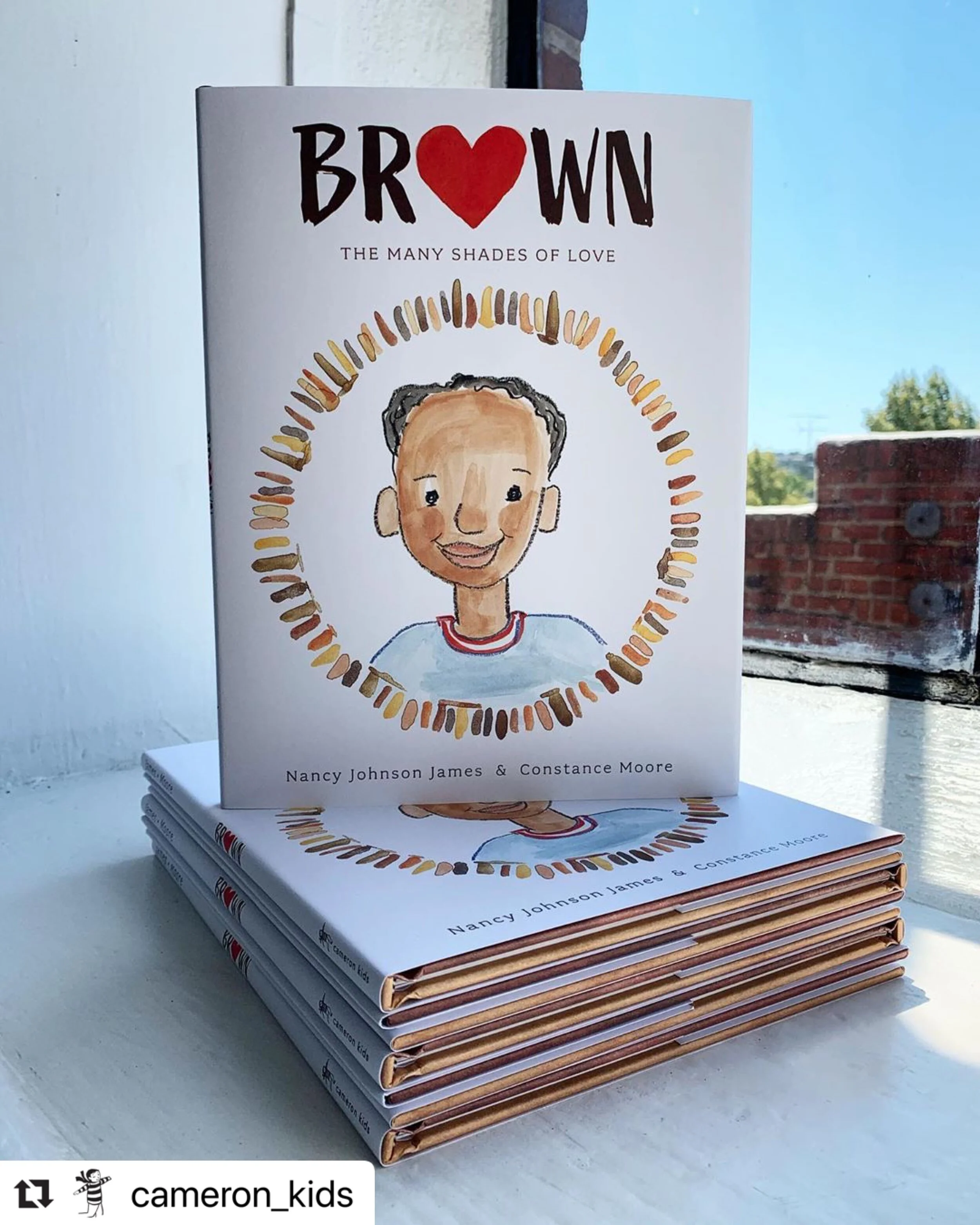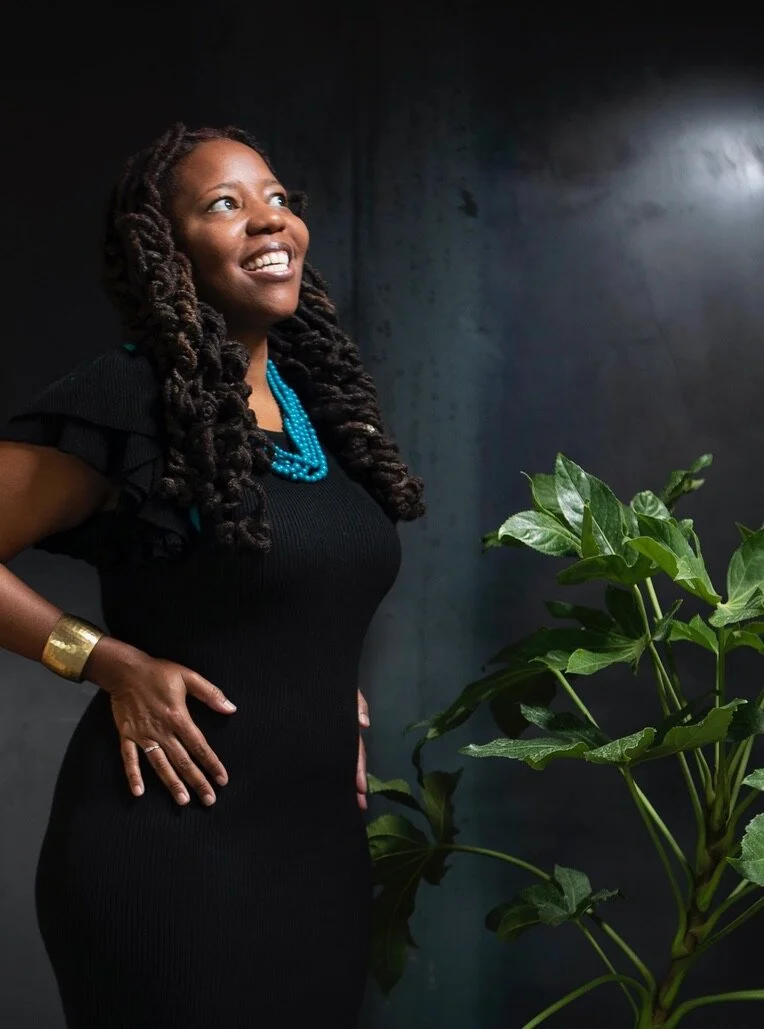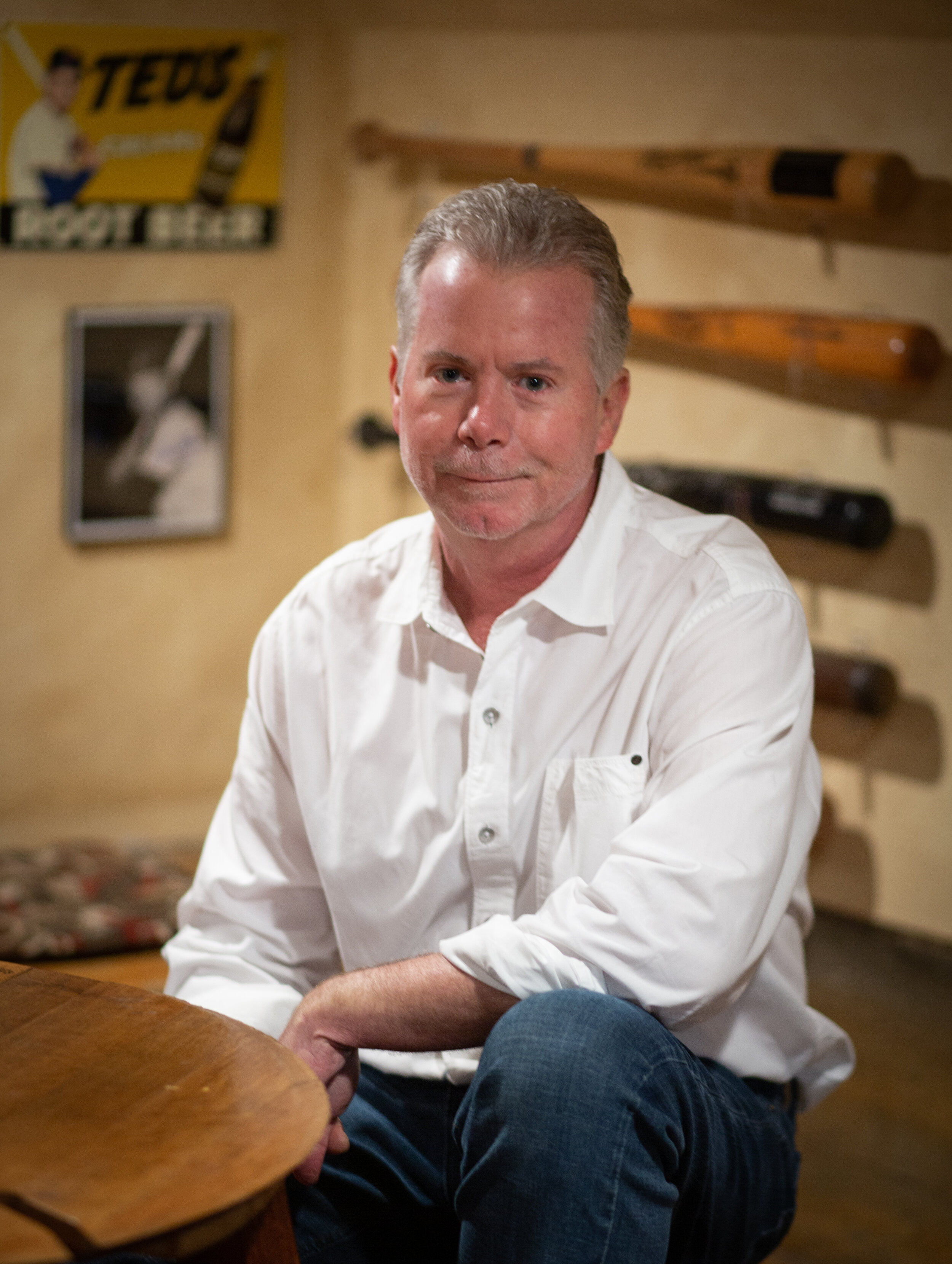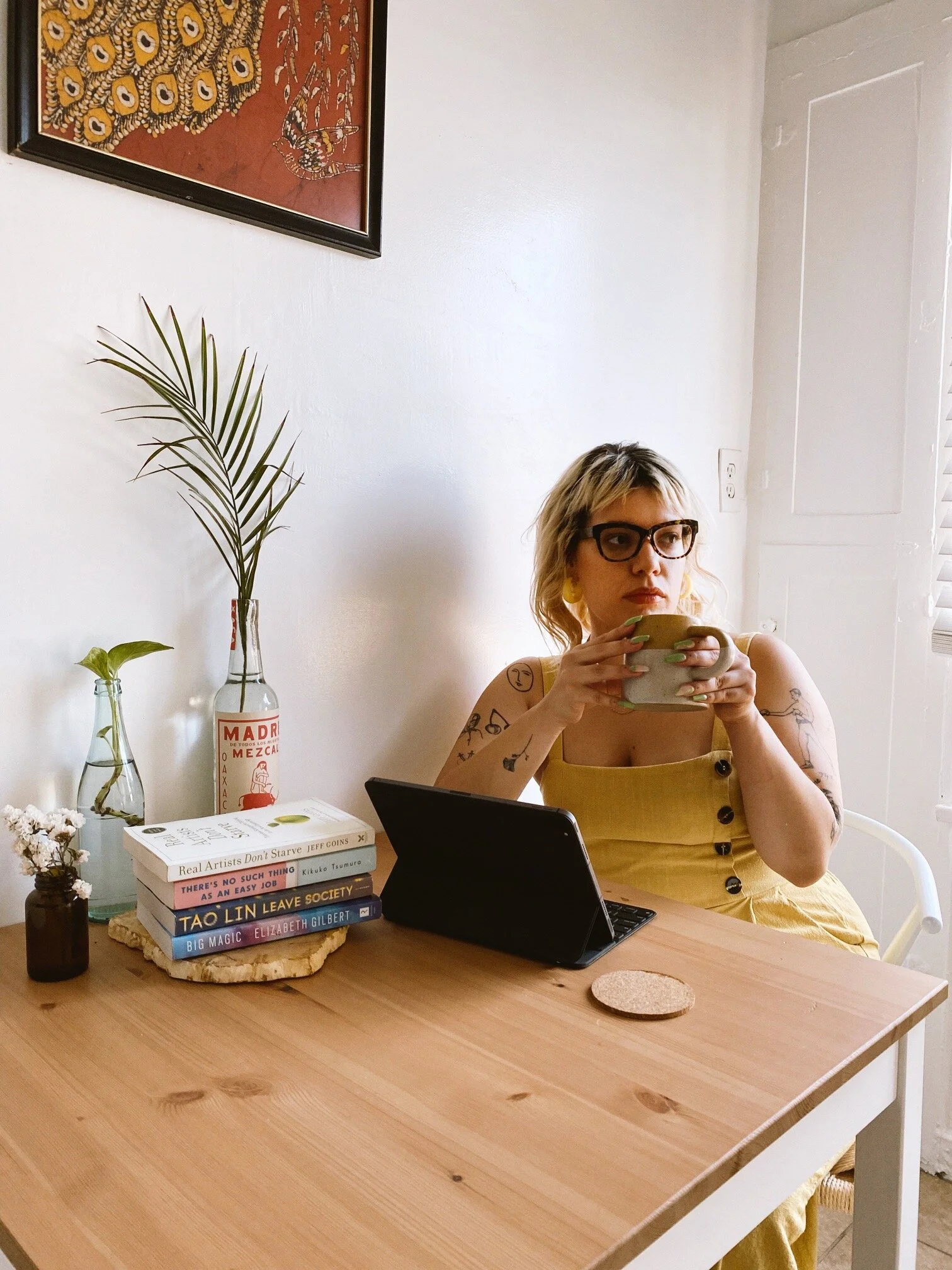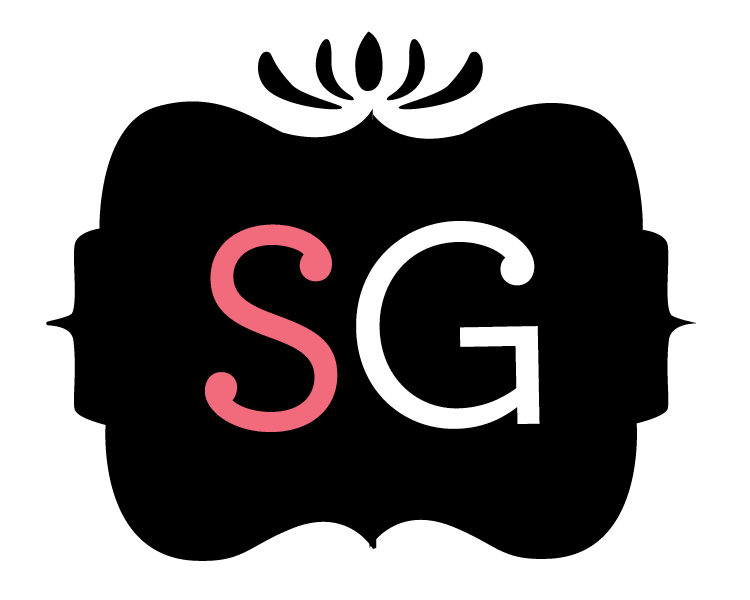Process & Passion: Interview with Patricia Kullberg
If you happen to be in New York City on Friday, October 23, head over to the Lower East Side, where you’ll find one of the last surviving feminist bookstores, Bluestockings.
There, two badass women writers will read to you about the raucous and radical history of abortion. Patricia Kullberg has just published Girl in the River, a sassy and daring historical novel about reproductive rights in the 1940s. Her book features the famous and flamboyant abortionist Ruth Barnett. Rickie Solinger wrote The Abortionist: A Woman Against the Law, the aptly titled biography of Ruth Barnett and Reproductive Politics: What Everyone Needs to Know, which says it all. Seems like the kind of thing no self-respecting feminist New Yorker would miss. Here’s Bluestockings’s events calendar, which is positively dripping with events you don't want to miss.
I caught up with Kullberg to talk about the new novel before she headed off to New York City. We discussed her writing process, identifying as a writer, and of course, what it all has to do with sex.
Kristy Lin Billuni: You write historical fiction?
Patricia Kullberg: Yes, I set my stories in mid twentieth century Portland. They focus on the daily, intimate lives of men and women in relationship to the times they live in. I seem to have a thing for the decade of the 1940s because it was such an interesting and dynamic time.
KLB: And tell me about the new book and the famous abortionist.
PK: Girl in the River is my just-published novel about one young woman's desperation, desire, and defiance during the most corrupt period in Portland history. It features, as well, two remarkable women out of Portland's past: Dr. Ruth Barnett, who was Portland's most famous abortionist, and Dottie "Do-good" Lee, a tireless anti-vice crusader and Portland's first lady mayor.
KLB: The current political climate seems like a good time to brush up on these stories.
PK: Yes, the novel’s story reflects on what's happening today around renewed assaults on reproductive rights, how it's not really some narrow question of morality. It's about social and political control, especially of women, minorities, and the poor. It's so easy to see that when you look back at the history.
KLB: You were a practicing doctor?
PK: Yes, I worked for many years in a clinic for the homeless, those living with poverty, addiction, and mental illness, and the people I met there were no small inspiration for this novel
KLB: So do you think of yourself as a doctor or an author?
PK: I remember when I started medical school, the idea that I could be a doctor seemed preposterous. I've been a writer for decades, but I'm not yet used to thinking of myself as an author. Even now that I have published a novel, the word "author" feels strange in my mouth, somehow bogus.
KLB: Do you get stuck?
PK: I love to write. The struggle to sit down and get to it is one that I've never personally experienced.
KLB: What is your writing process like?
PK: I've been to a bazillion workshops and graduate courses in writing, but after a while, the returns diminish. What I do is read lots and take note of how others ply their craft. I write first thing in the morning only, on a laptop, every day that I can manage it, which is most days. No background music, no noise, as few distractions as possible.
KLB: How many drafts do you write?
PK: My favorite part of writing is revision. When I start a fresh scene, I usually write a skeleton, then go back over it dozens of times, filling in sensory details, inner thoughts, gestures. I ramp up the conflict and take out the adverbs and adjectives that have slipped in. I do some on-the-fly research, like if I want to know which makes of girdles were selling in 1943. If I have to write multiple scenes about a more complex event, like the firing of 300 Black workers in the shipyards when they refused to join a Jim Crow union, I do all the research at one or two sittings, then write from my notes. My first draft, the one I take to my beloved writers group, is really more like the 31st draft. But who's counting?!
KLB: Thanks for mentioning your writing group. Is it vital to your process?
PK: I could not manage the process if I didn't have a small group of trusted fellow writers who won't hesitate to tell me when I've gone over the top or missed the mark. What does anyone do without writing pals?
KLB: What are you working on now?
PK: I'm well into my next novel about race and class justice during WW II — oh, that sounds so academic, when it's really a fascinating story of great expectations and dashed dreams. And I am struck once again, how what's happening now was the same stuff that happened back then, and if you care about change, it's crazy not to look back at what came before.
KLB: How do you indulge yourself as a writer?
PK: The only way I pamper myself is with loads of coffee, early morning quiet, and a view from my desk of a lush garden inhabited by birds.
KLB: What are you reading?
PK: Barbara Pope's mystery series, set in late 19th century France. It's another dynamic time and she really brings it to life through the richly imagined lives of her characters. I'm also re-reading Zora Neale Hurston, Their Eyes Were Watching God. She just reaches in and grabs your heart with her lyrical phrasings.
KLB: Ooh, I loved that novel. Who else do you suggest?
PK: I think Amy Bloom does a marvelous job of writing at the intersection of private lives with external events, especially in her novel, Away. And Richard Yates is an under-appreciated novelist who wrote a stunning novel of post WWII malaise, Revolutionary Road.|KLB: I love the intersection of creativity and sex. What do you think sex and writing have to do with each other?
PK: Writing is a lot like sex. With any given encounter, you start with a passion and some ideas about what you want, but then it takes off on its own. The written story is not unlike your partner. It has its own desires and impulses. You can't force your will onto it, no more than you can onto your lover. Not if you want to have good sex.
I love to talk to writers like historical fiction author Patricia Kullberg about the messy, juicy, sexy process of creativity, and I can't wait to read her book, Girl in the River. To meet more writers in social media, follow me on Facebook or Twitter. Yearning to jump into the writer’s life yourself? My free ebook, Arouse Your Writer Self, will get you going. Want more? Private sessions with me are more affordable than you think, and the first one’s free.

